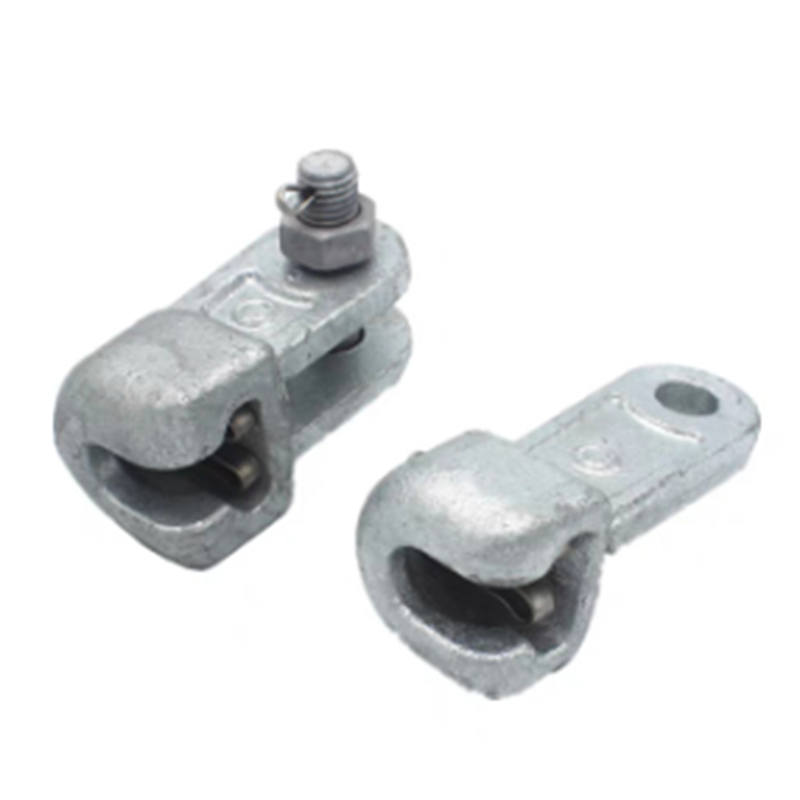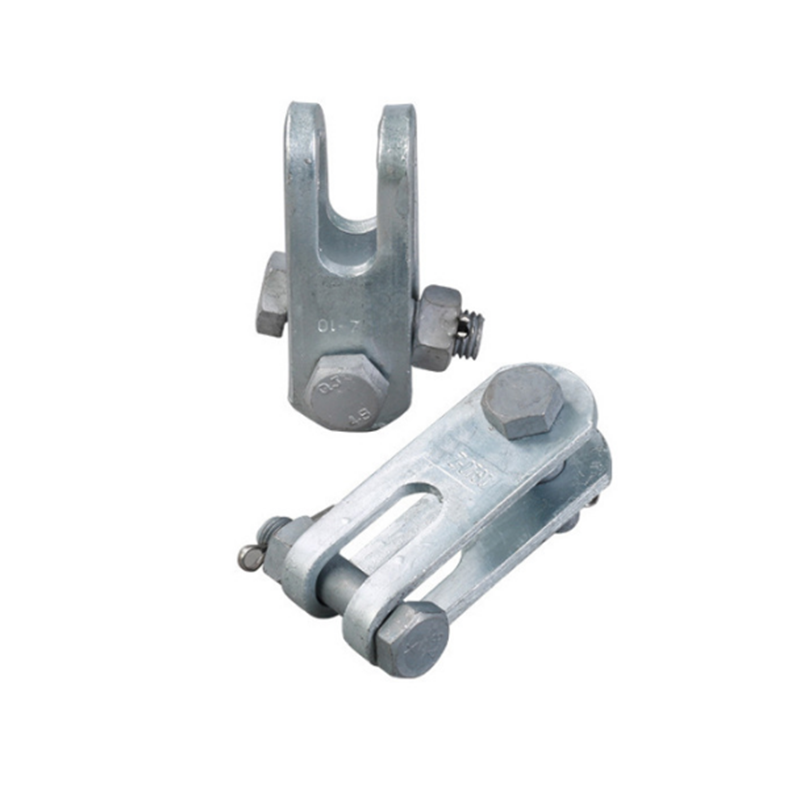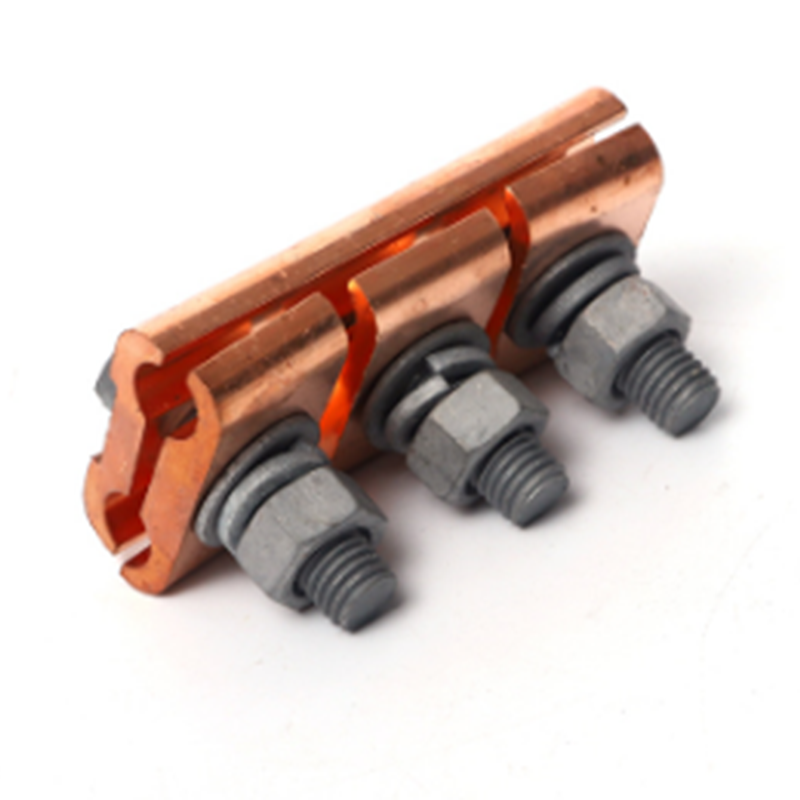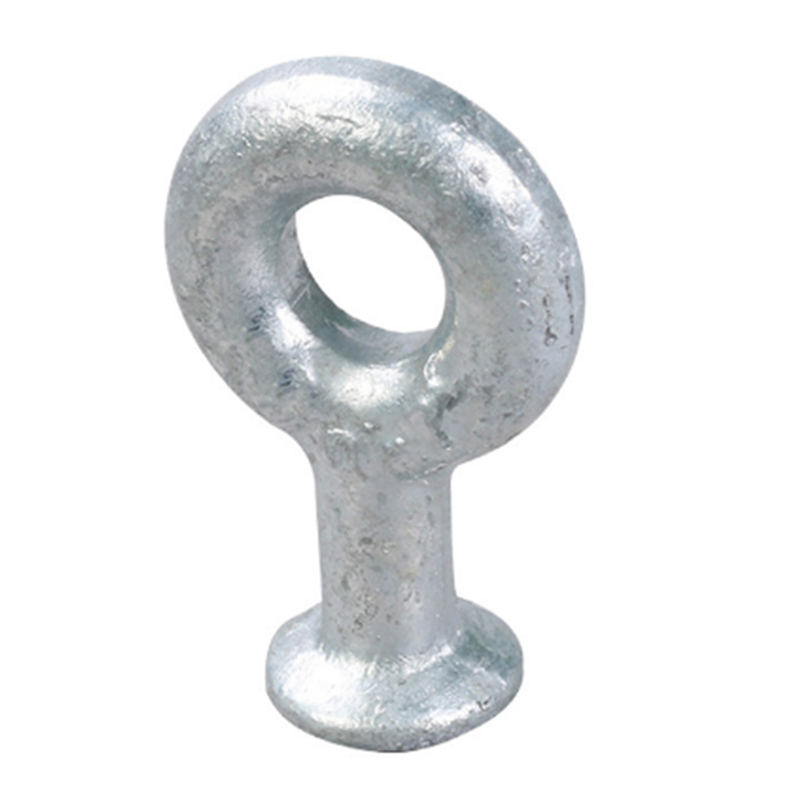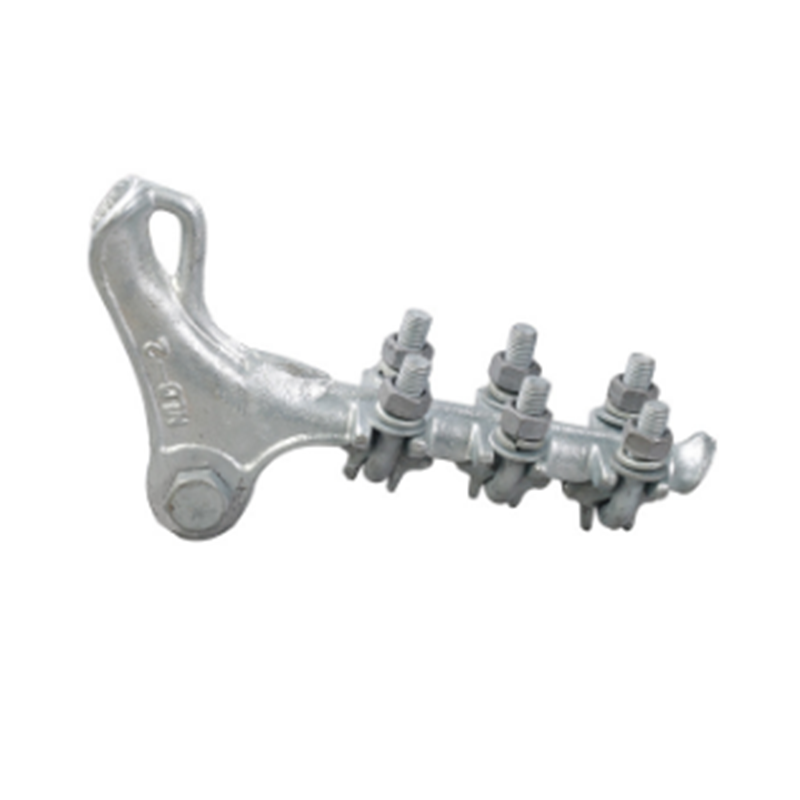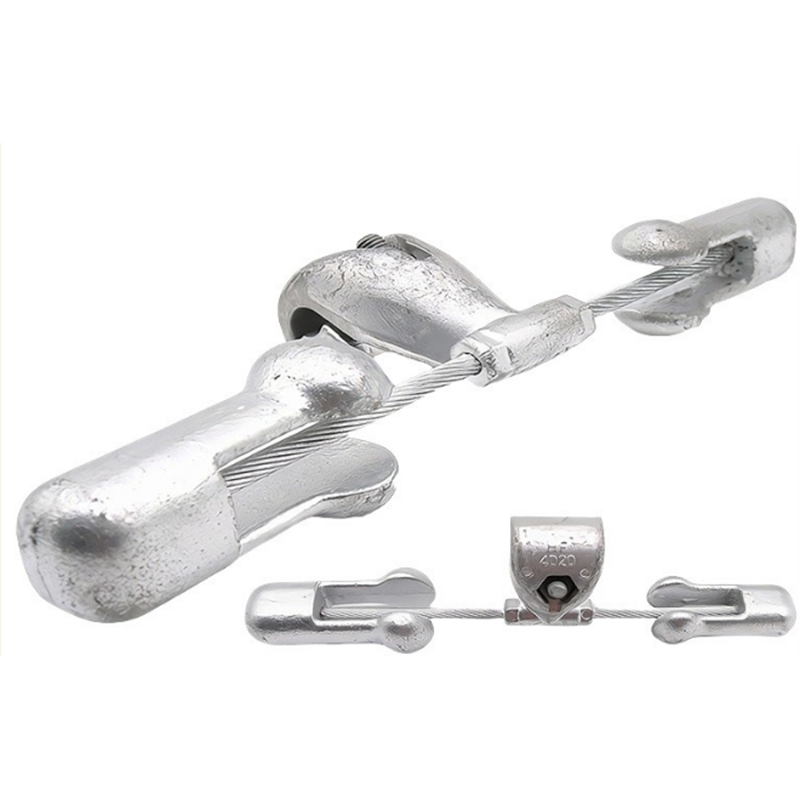- Chinese
- French
- German
- Portuguese
- Spanish
- Russian
- Japanese
- Korean
- Arabic
- Irish
- Greek
- Turkish
- Italian
- Danish
- Romanian
- Indonesian
- Czech
- Afrikaans
- Swedish
- Polish
- Basque
- Catalan
- Esperanto
- Hindi
- Lao
- Albanian
- Amharic
- Armenian
- Azerbaijani
- Belarusian
- Bengali
- Bosnian
- Bulgarian
- Cebuano
- Chichewa
- Corsican
- Croatian
- Dutch
- Estonian
- Filipino
- Finnish
- Frisian
- Galician
- Georgian
- Gujarati
- Haitian
- Hausa
- Hawaiian
- Hebrew
- Hmong
- Hungarian
- Icelandic
- Igbo
- Javanese
- Kannada
- Kazakh
- Khmer
- Kurdish
- Kyrgyz
- Latin
- Latvian
- Lithuanian
- Luxembou..
- Macedonian
- Malagasy
- Malay
- Malayalam
- Maltese
- Maori
- Marathi
- Mongolian
- Burmese
- Nepali
- Norwegian
- Pashto
- Persian
- Punjabi
- Serbian
- Sesotho
- Sinhala
- Slovak
- Slovenian
- Somali
- Samoan
- Scots Gaelic
- Shona
- Sindhi
- Sundanese
- Swahili
- Tajik
- Tamil
- Telugu
- Thai
- Ukrainian
- Urdu
- Uzbek
- Vietnamese
- Welsh
- Xhosa
- Yiddish
- Yoruba
- Zulu
- Kinyarwanda
- Tatar
- Oriya
- Turkmen
- Uyghur

Bolt cover screw
The Intricacies of the Bolt Cover Screw
Behind the sleek exterior of many mechanical systems lies a simple yet crucial component: the bolt cover screw. Often overlooked, it plays a pivotal role in ensuring stability and protection. In practice, the importance of selecting the right type of screw for each application cannot be overstated, and yet many underestimate the nuances involved. Understanding these intricacies is essential for anyone in the industry.
Understanding the Basics
When discussing bolt cover screws, it's important to start with their basic function: securing and protecting bolts. But it’s not just about holding two pieces together. These screws also shield the bolt head from the elements, increasing the longevity and durability of the assembly. This is something you’ll find out quickly when reviewing components at facilities like Shengfeng Hardware Fastener Factory, where precision and quality are paramount.
In my own experience, neglecting the significance of a proper bolt cover can lead to corrosion issues or fatigue failures, especially in harsh environments. When I first started, there was a learning curve in not just fitting the correct size, but picking the appropriate material for the condition as well.
Let's consider an example. Imagine a coastal construction site using stainless steel bolt cover screws. The choice here is not arbitrary; the chloride-rich air accelerates corrosion in less resistant materials. Overlooking such details can have drastic effects down the line.
Choosing the Right Material
The material selection is a critical step. While stainless steel is a common choice for its corrosion resistance, it’s not the panacea. Depending on the stresses and environmental conditions, you might need something more specialized, like titanium or an alloy. At Shengfeng Hardware Fastener Factory, their expansive selection showcases the diversity available for different applications.
From my interactions with seasoned professionals, there’s often an ongoing debate: whether to follow conventional wisdom or innovate with new materials. For instance, in aerospace applications, weight is a significant constraint, so selecting the lightest and most robust material becomes essential.
As a rule of thumb, always consider the chemical composition of your environment, and make it a point to consult the manufacturer’s recommendations. Frankly, it can save both time and money in the long run.
Understanding Thread Designs
The thread design of a bolt cover screw might seem mundane, but it’s worth a closer look. The design influences the screw’s grip and the ease with which it can be installed or removed. Coarse threads are generally easier to handle compared to fine threads when working manually in restricted spaces.
One of my earlier projects involved retrofitting machinery in confined quarters. Opting for a finer thread initially seemed like a good idea due to its perceived strength, but the increased installation time became a drawback. It taught me that sometimes practicality should prevail over theoretical advantages.
Today, companies like Shengfeng Hardware Fastener Factory provide a wide array of thread designs and specifications (over 100, to be precise), catering to diverse needs and scenarios.
Potential Pitfalls and Solutions
One common oversight is assuming that one size fits all. A misjudged diameter or length might not seem critical at first glance, but it can result in a catastrophic failure. This is especially true in structural applications where load distributions are calculated to minute precision.
A memorable case involved a construction project where inadequate bolt length led to joint failures. From then on, a more thorough vetting process for bolt specifications was put into place. It’s a crucial lesson even for seasoned professionals.
Another potential pitfall is not accounting for the installation torque. An incorrect torque can strip threads or compromise the screw's integrity. Luckily, manufacturers, including Shengfeng Hardware Fastener Factory, often provide detailed guidelines to aid in this aspect.
The Final Word on Maintenance
Once the bolt cover screws are in place, maintenance becomes key to preserving their functionality. Regular inspections are vital, but more critical is understanding when a replacement is needed before visible wear sets in.
In environments prone to dust or chemical exposure, cleaning regimes help prevent accumulation that can affect performance. It's details like these that ensure sustainability and longevity, aspects that professionals like myself focus on to maximize value and safety.
Ultimately, the seemingly humble bolt cover screw can be a linchpin in mechanical integrity. Over the years, I've seen firsthand how crucial it is to approach such details with the due diligence and respect they deserve. Whether you’re designing a new system or maintaining an existing one, never underestimate the power of experience and informed choice.
Соответствующая продукция
Соответствующая продукция




